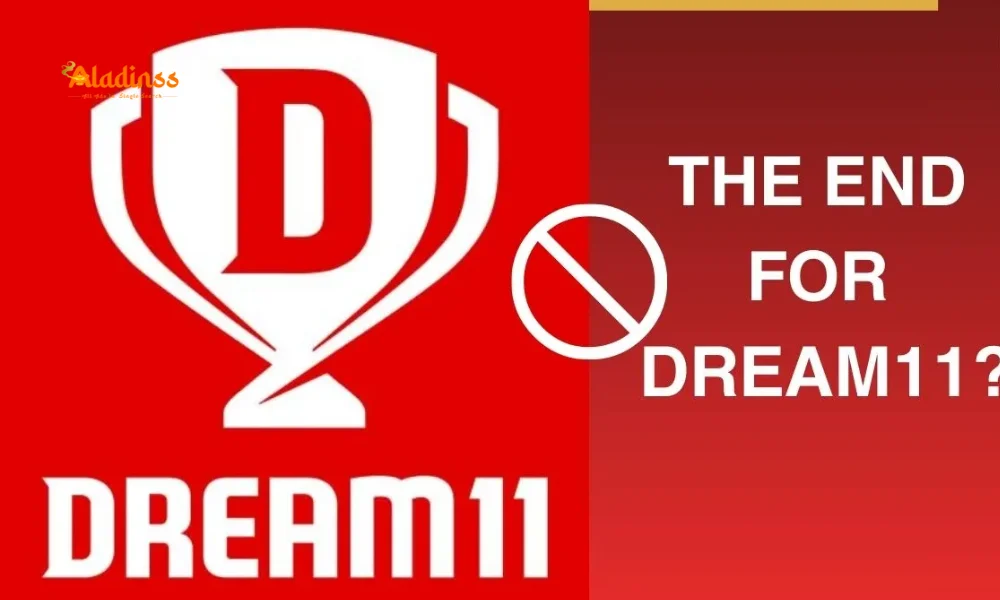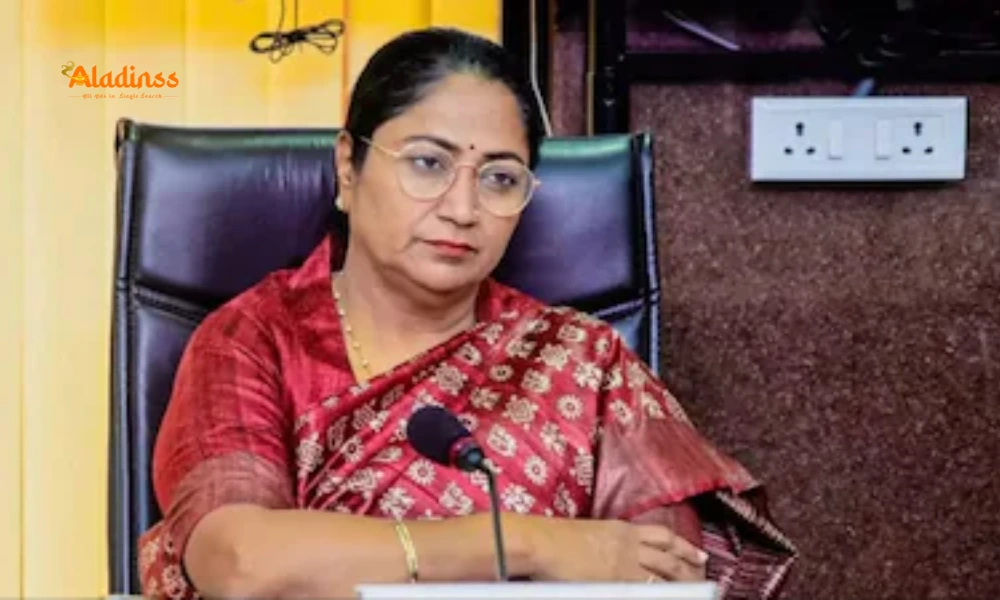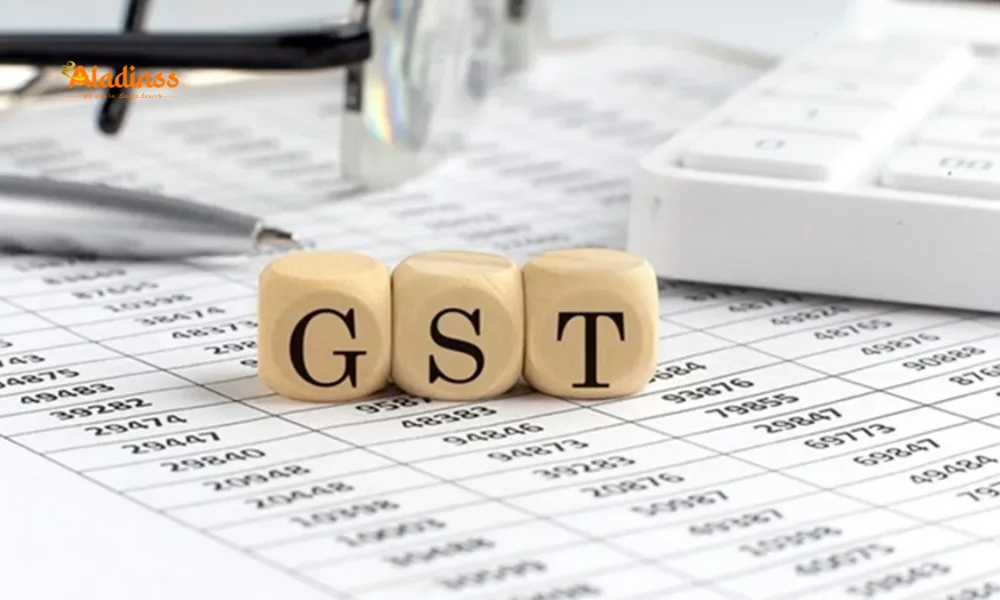Online Gaming Bill 2025: Dream11, My11Circle Face Ban

Online Gaming Bill 2025: Dream11, My11Circle Face Ban as Central Government Cracks Down

The Indian government has taken a decisive step towards regulating the online gaming industry with the passage of the Online Gaming Bill 2025 in the Lok Sabha on August 20, 2025. Introduced by Union Minister for Information Technology Ashwini Vaishnaw, the bill aims to ban real-money gaming platforms like Dream11 and My11Circle, citing concerns over addiction, financial fraud, and socio-economic harm. This move has sparked significant debate, with implications for millions of gamers, the gaming industry, and even sports sponsorships, particularly in cricket.
The real-money gaming ban targets platforms where users deposit money to win cash prizes, regardless of whether the games are skill-based or chance-based. Popular fantasy sports apps like Dream11 and My11Circle, which have millions of users and significant investments in sports sponsorships, are now facing an existential crisis. If the bill passes in the Rajya Sabha and becomes law, these platforms may be forced to shut down or pivot to non-monetary formats.
Why the Ban on Real-Money Gaming?
The central government has cited serious concerns about the rise in addiction to online games and gambling, which has led to significant financial losses and, in some cases, suicides. The bill highlights issues such as foreign exchange fraud, money laundering, and financial irregularities linked to real-money gaming platforms. The government argues that unchecked growth in the sector has caused psychological and socio-economic harm, particularly among young people and economically disadvantaged groups.
To address these issues, the Online Gaming Bill 2025 proposes a complete ban on games involving monetary stakes, including fantasy sports, rummy, and poker. It also prohibits public and private banks from processing transactions related to these games, effectively cutting off their financial lifeline. Violators, including platform operators, face severe penalties: up to three years of imprisonment or a fine of up to Rs 1 crore, or both. Additionally, advertising real-money games could lead to two years in jail or a fine of up to Rs 50 lakh.
Impact on Dream11, My11Circle, and the Gaming Industry
The bill poses a significant threat to major players in the online gaming industry, including Dream11, My11Circle, RummyCircle, Games24x7, Winzo, and others. Dream11, valued at $8 billion, holds a 55% market share in fantasy sports with over 200 million users. My11Circle, a key competitor, has over 50 million downloads. These platforms, which thrive during events like the Indian Premier League (IPL), rely heavily on real-money transactions, which account for approximately 86% of India’s $3.7 billion online gaming market revenue.
Industry bodies like the All India Gaming Federation (AIGF) have warned that the ban could lead to the closure of around 400 companies and the loss of over 2 lakh jobs. The sector, which has attracted $2 billion in foreign direct investment (FDI) between 2021 and 2022, also contributes over Rs 25,000 crore annually in taxes. Critics argue that the ban could push players towards unregulated offshore platforms, increasing risks of fraud and addiction without contributing to government revenue.
Boost for E-Sports and Social Gaming
While the bill cracks down on real-money gaming, it actively promotes e-sports and social gaming. A new regulatory body, the National Online Gaming Commission (NOGC), will be established to oversee licensing, classify game types, and ensure compliance. The government aims to recognize e-sports as a legitimate competitive sport, fostering innovation and positioning India as a global hub for game development. Games like BGMI, Real Cricket, and educational or casual games such as Ludo and Candy Crush will remain unaffected, as they do not involve monetary stakes.
The industry has welcomed this focus on e-sports, which is seen as a positive step for competitive gaming. The bill’s distinction between real-money gaming and e-sports ensures that performance-based prize money in tournaments remains permissible, encouraging growth in this sector.
Impact on Cricket Sponsorships
The ban could have a significant impact on cricket, particularly in terms of sponsorships. Dream11 is the title sponsor of the Indian men’s and women’s cricket teams, with a deal worth Rs 358 crore, while My11Circle holds IPL fantasy gaming rights for Rs 625 crore over five years. Top cricketers like MS Dhoni, Rohit Sharma, Sourav Ganguly, and Shubman Gill have endorsement deals with these platforms, which may face legal scrutiny under the new law.
Sports lawyer Vidushpat Singhania noted that while cricket’s popularity ensures it will attract new sponsors, the personal sponsorship market for players could shrink. The ban may also affect domestic T20 leagues and other sports like kabaddi and football, which rely on real-money gaming sponsorships to nurture talent and sustain operations.
Industry and Political Reactions
The All India Gaming Federation (AIGF), E-Gaming Federation (EGF), and Federation of Indian Fantasy Sports (FIFS) have urged the government to adopt progressive regulation instead of a blanket ban. In a letter to Union Home Minister Amit Shah, they described the bill as a “death knell” for a sunrise industry that supports innovation and employment. Congress MP Shashi Tharoor has also criticized the ban, arguing that it could drive gaming underground, depriving the government of tax revenue while failing to curb addiction.
As the bill awaits approval in the Rajya Sabha, the future of real-money gaming in India hangs in the balance. While the government’s intent to protect citizens from financial and psychological harm is clear, the industry warns of unintended consequences, including job losses and the growth of illegal platforms. The Online Gaming Bill 2025 marks a pivotal moment for India’s gaming ecosystem, balancing the promotion of e-sports with stringent measures against real-money gaming.
Comment / Reply From
No comments yet. Be the first to comment!








